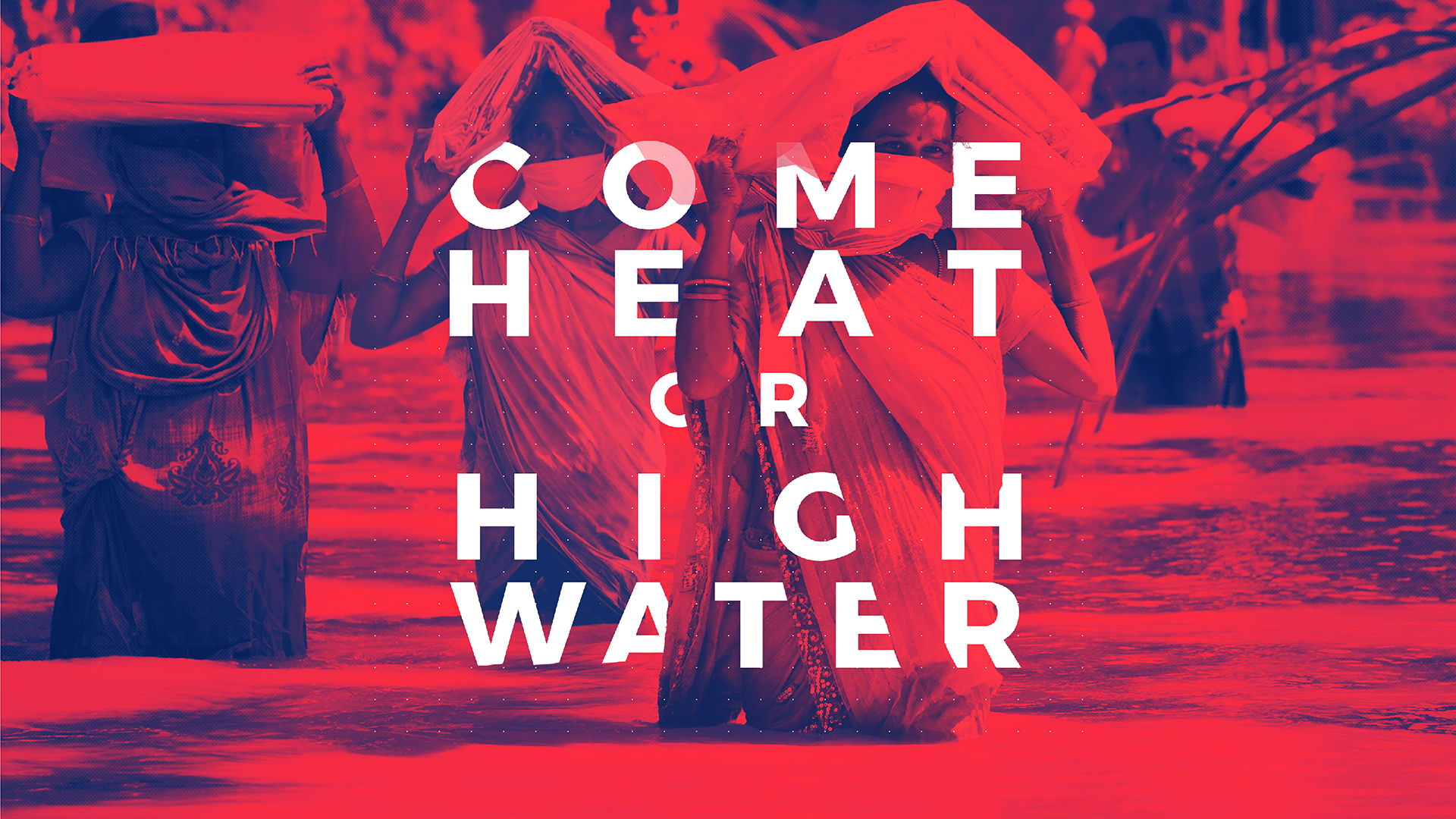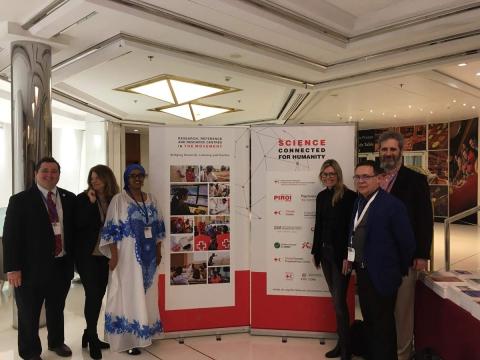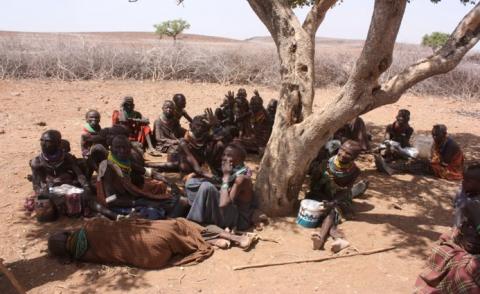2020 World Disaster Report Published

On November 17, 2020 The IFRC launched the 2020 World Disasters Report, titled “Come Heat or High Water: Tackling the humanitarian impacts of the climate crisis together.” This year’s report is particularly important given that despite the significant and highly visible economic and human cost of the current COVID -19 pandemic, those pale in comparison to the rising cost of (doing nothing about) climate change. In the last decade, 83% of disasters triggered by natural hazards were caused by extreme weather- and climate-related events, such as floods, storms and heatwaves.
Among the key findings of the report:
1. The number of climate- and weather-related disasters has been increasing since the 1960s and has risen almost 35% since the 1990s.
2. The proportion of disasters attributable to climate and extreme weather events has also increased significantly from 76% of all disasters during the 2000s to 83% in the 2010s.
3. These extreme weather- and climate-related disasters have killed more than 410,000 people in the past ten years, the vast majority in low and lower-middle-income countries. Heatwaves, then storms, have been the biggest killers.
The world is warming, and sea levels are rising. We are in a climate emergency!
As IFRC Head, Jagan Chapagain, said in his report introduction, “it is time we start creating our own momentum for positive change.” All of us can and should identify ourselves squarely in this collective “we.” Each of us can make a difference now, starting with becoming more climate smart.
Read the Report, learn more about your carbon emissions, switch to greener energy solutions, and more importantly, start the conversations that increase awareness and cultivate positive change.
Download the Executive Summaries
English
French
Spanish
Arabic



